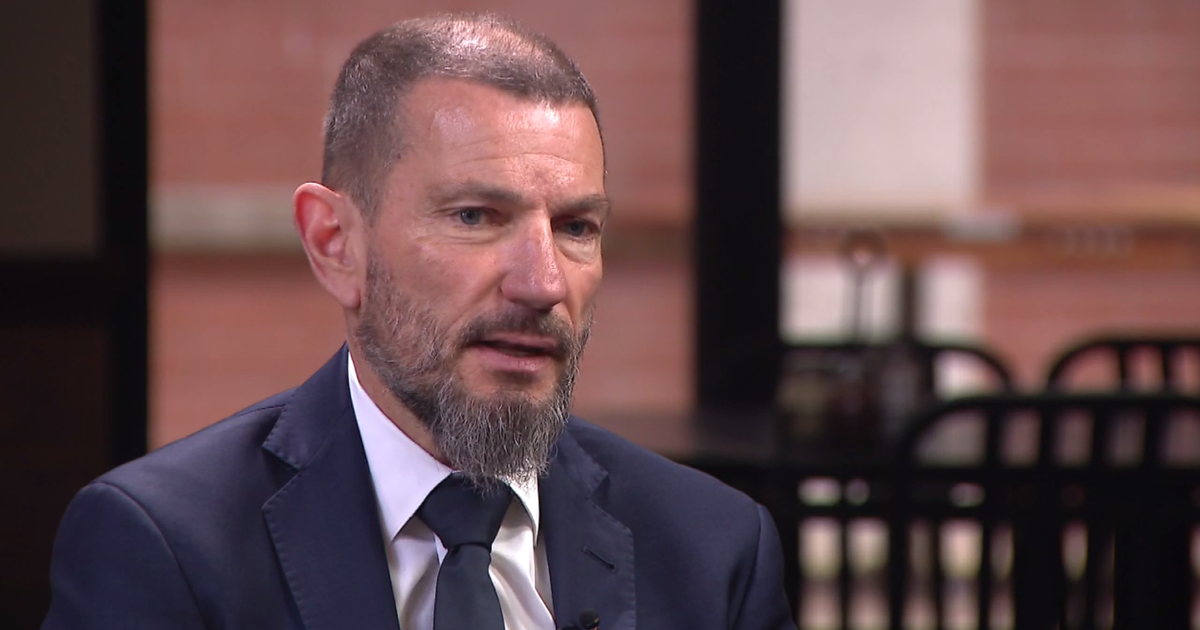New Book Questions Emanuel's Sale Of Freddie Mac Stock
CHICAGO (CBS) -- A new book out today alleges that Mayor Rahm Emanuel used his insider status to rack up big gains in the stock market.
The book is called "Throw Them All Out," written by conservative author Peter Schwiezer. It alleges that Emanuel, while a congressman in 2003, sold up to a $250,000 in mortgage giant Freddie Mac stock just before the stock dropped in value.
As CBS 2 Chief Correspondent Jay Levine reports, a spokesman for the mayor said that the stocks in question were in a blind trust and Emanuel knew nothing about the trades.
The trust agreement – created to avoid any conflict of interest, or any appearance of a conflict – hadn't been filed yet when those trades took place. Asked if there was some earlier trust agreement, the mayor's office said they'd check.
The mayor himself wasn't talking on Tuesday, even though reporters tried to ask him questions about the Freddie Mac trades.
Emanuel's appointment to the Freddie Mac Board before he became a congressman was engineered by his old boss, former President Bill Clinton. The appointment enabled him to amass up to $250,000 in Freddie Mac stock, which he started to dump when he ran for Congress in 2002.
Emanuel's financial disclosure statements for 2002 and 2003 show he sold between $50,000 and $100,000 worth on May 23, 2002, before his election; and between $100,000 and $250,000 on Feb. 21, 2003, after he was elected.
But another disclosure document, the blind trust agreement, did not take effect until after those two sales, on May 23, 2003.
Schwiezer claimed the Emanuel simply did what others in Congress have done.
"This is an opportunity to leverage your position in public service and use that position to enrich yourself," Schwiezer said in an interview for CBS's "60 Minutes."
Going back over the stock's charts for 2002 and 2003, however, it does not appear that Emanuel made any money on the trades.
Schweitzer's book claims Emanuel sold the stock just days before it dropped 10 percent, implying he used his inside information to make money.
But, according to stock charts for 2002 and 2003, while the stock did drop 10 percent shortly after he sold it, it rebounded within a month and went even higher after that.



